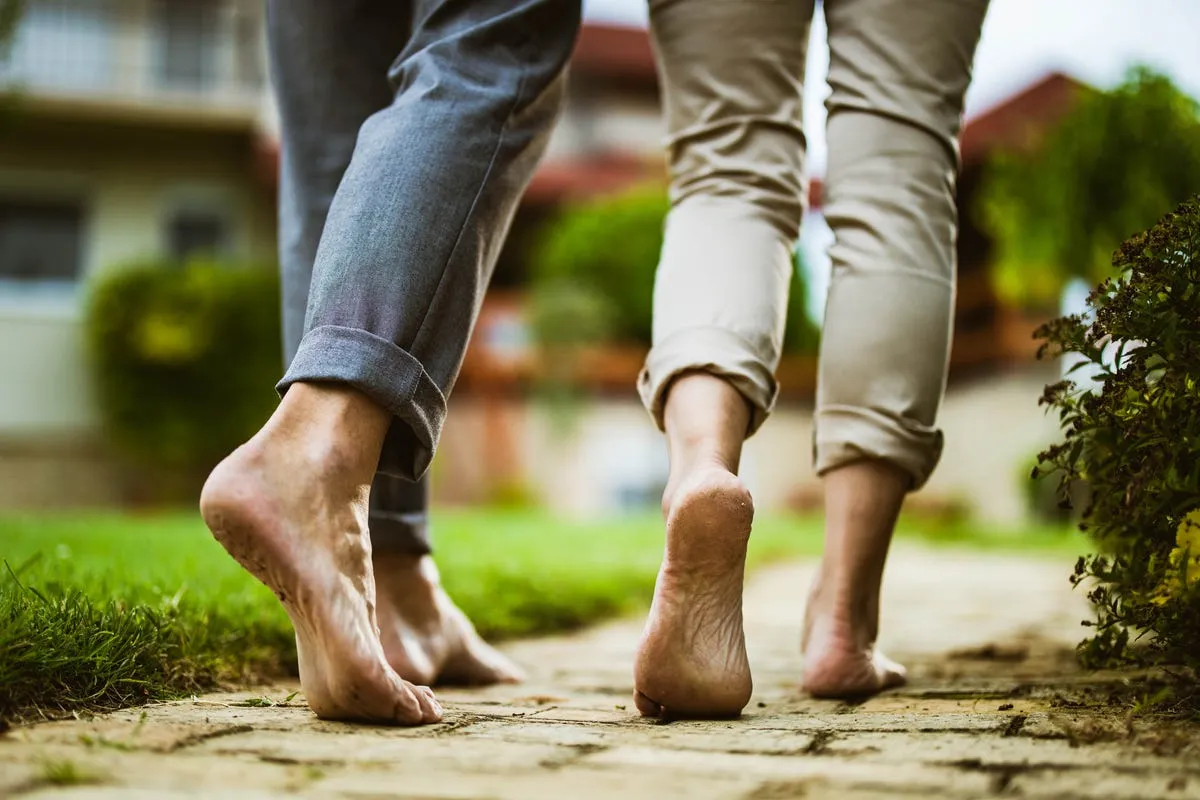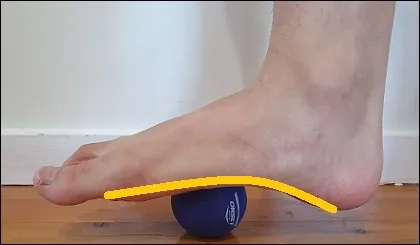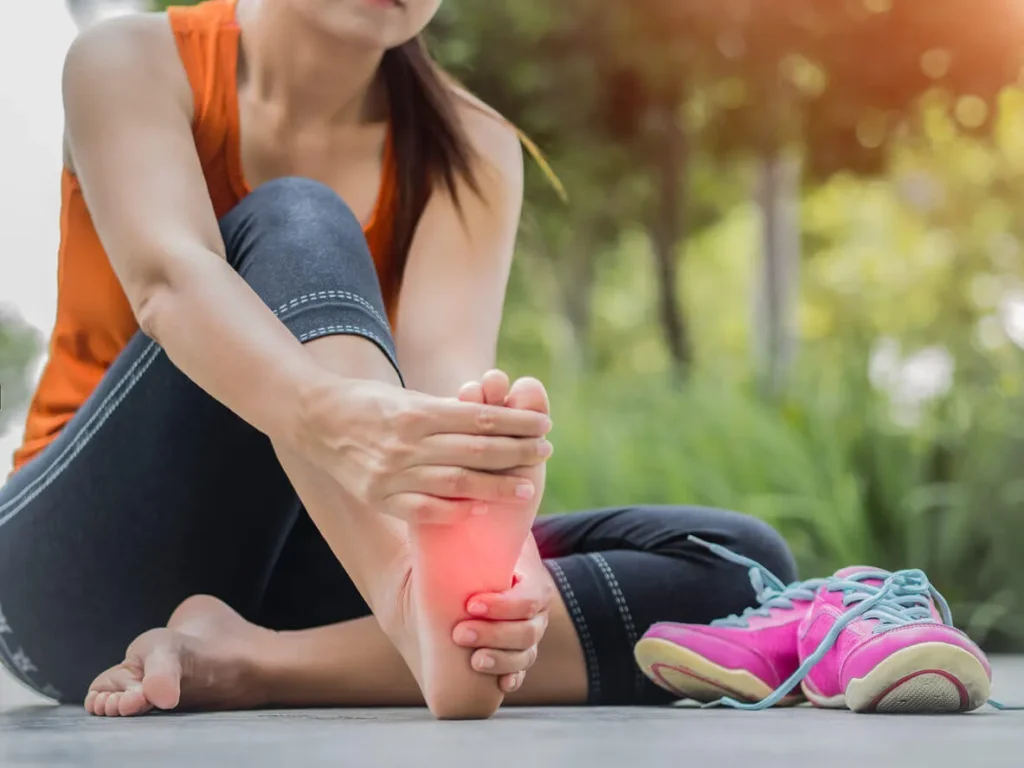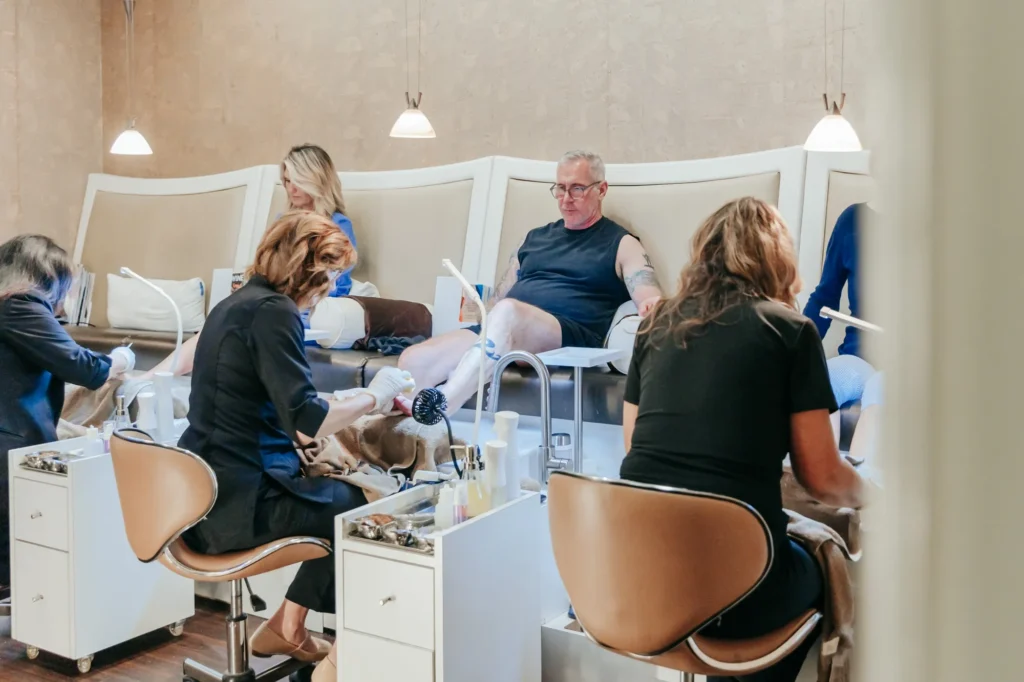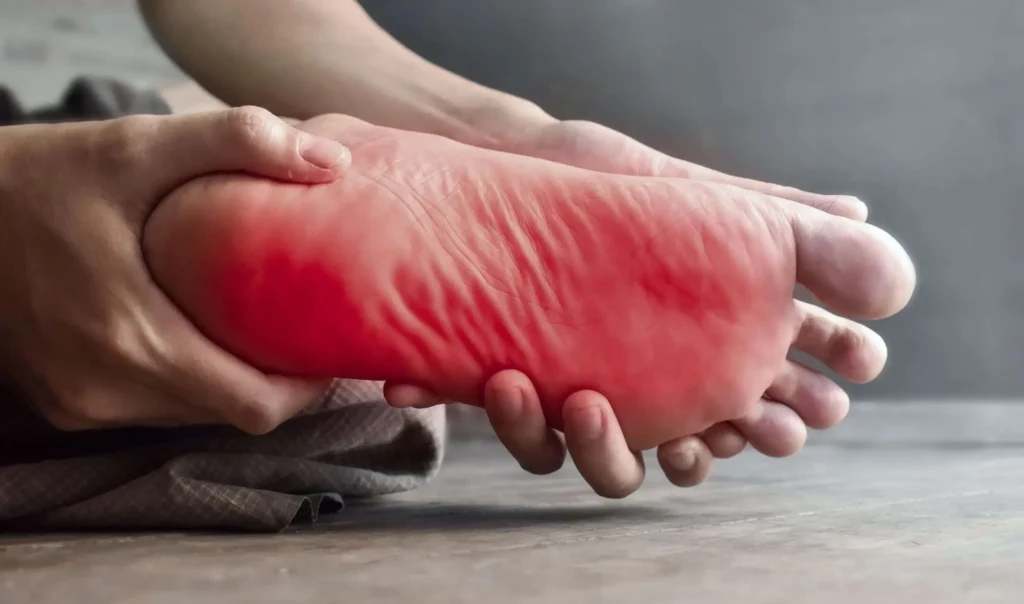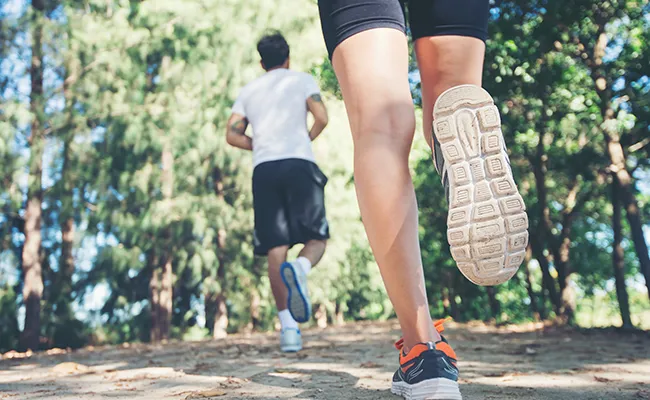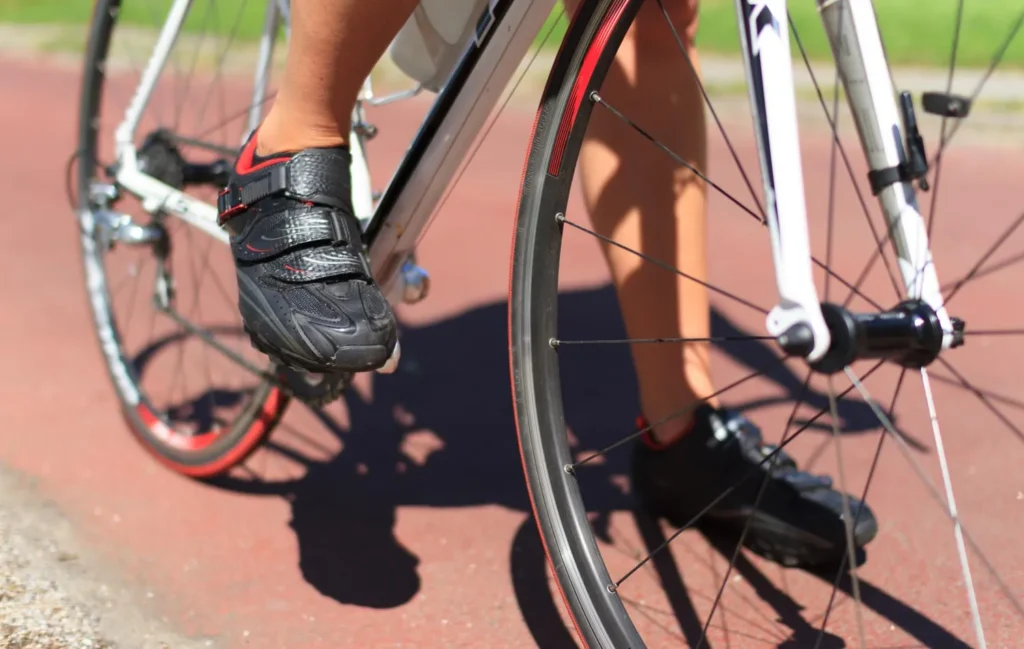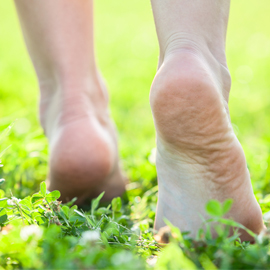
When it comes to our feet, generally we tuck them away in socks and shoes and don’t think twice until the end of the day. But sometimes, it feels nice to be without shoes. To feel the sand or grass between your toes; some people even like to free themselves of shoes in the workplace. Whatever the cause may be, how does going without shoes for an extended period affect your health? Here are the benefits and downsides of walking barefoot.
Walking barefoot is also known as “earthing” and includes walking barefoot on any natural surface but some people include concrete and paved surfaces on their barefoot routines. Proponents of this trend believe that walking around without shoes or socks can lead to many benefits such as:
- An increase in antioxidants
- Reduced inflammation
- Improvement in sleep
- Decrease in blood viscosity
- Boosted immunity
- Alleviates the formation of calluses, hammertoes, or bunions
The theory behind these benefits is that the earth is negatively charged, so when you walk barefoot you are connecting your body to a negative supply of energy and absorbing electrons from it. These free electrons aid in detoxifying your body. Also, earthing is said to shift your sympathetic nervous system back to a point of tranquility and calm.
Downsides of Walking Barefoot
Although the benefits of walking barefoot are numerous, there may be a few downsides to this liberating trend:
- You may be accustomed to the support from shoes, leaving you more susceptible to injury
- You could step on something sharp or harmful
- Certain surfaces can scrape your feet, increasing your risk of infection
- If you frequently walk through moist and wet areas, you may encourage the growth of fungi and bacteria
- Skin cancer on the feet is a rare occurrence but is a possibility
If you like the idea of ditching your shoes, make sure you are paying extra attention when it comes to your foot care regimen. Wash your feet frequently and apply sunscreen to the tops and bottoms of your feet. Don’t go barefoot in areas that could prove to be dangerous like around a campfire or murky rivers or lakes. If you develop any sort of foot condition or infection see your doctor immediately and continue on with proper foot care involving shoes and socks.
